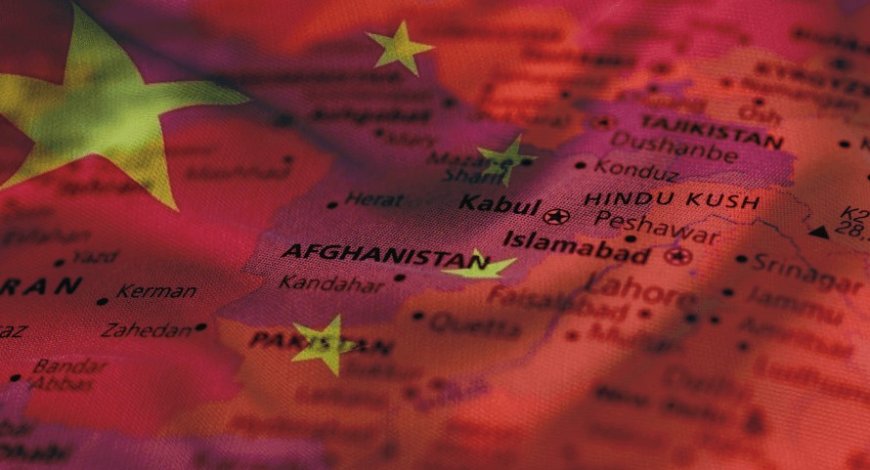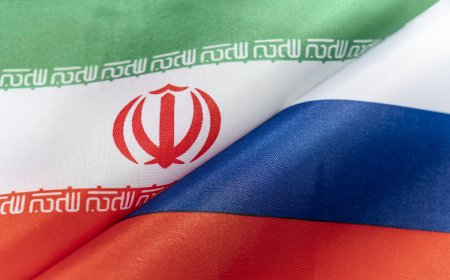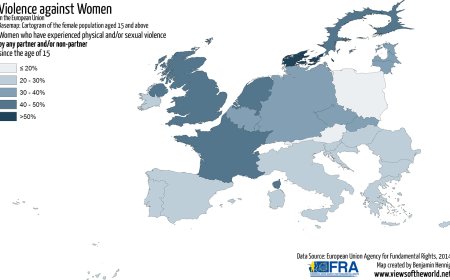China's Economic Influence in Afghanistan: Navigating Opportunities and Challenges
China's Economic Influence in Afghanistan: Navigating Opportunities and Challenges

Since the Taliban's resurgence in Afghanistan in 2021, China's involvement in the country has been palpable. Maintaining a diplomatic presence in Kabul, exploring business ventures, and discussing potential investments in Afghanistan's mining sector, China has displayed a keen interest in the nation's affairs.
Transactional Relations
While China and the Taliban appear to be forging a closer alliance, it is essential to recognize that this relationship is primarily transactional in nature. Furthermore, China remains apprehensive about instability spilling over from Afghanistan into the surrounding regions of South and Central Asia, where it holds substantial economic and political interests. As a result, China's economic engagement with Afghanistan is as much rooted in national defense as it is in profit-seeking.
For the Taliban, which now governs Afghanistan, securing investment and economic assistance is crucial for consolidating domestic and international legitimacy. The economic collapse triggered by the Taliban's takeover, coupled with a burgeoning humanitarian crisis, has left the government financially strained. With international donors withholding critical financial aid, revitalizing the economy takes precedence. China's interest in Afghanistan's mineral wealth is a significant factor in its economic engagement. The Taliban's claims of a potential $10 billion investment in lithium extraction, a project purported to generate over 120,000 jobs, highlight the allure of Afghanistan's untapped resources. Additionally, a recent oil-extraction contract with a Chinese firm is anticipated to inject up to $150 million within the first year, potentially escalating to $540 million after three years.
Why the Taliban Seeks a Stronger Relationship with China
The warm reception of China's new ambassador, Zhao Sheng, by the Taliban signifies a potential turning point in their bilateral relations. This move comes as the Taliban seeks to revive Afghanistan's economy and navigate a complex geopolitical landscape. Zhao Sheng's appointment is part of a routine rotation, emphasizing stability and cooperation between China and Afghanistan. The Taliban's economic challenges, stemming from frozen assets and financial isolation, make establishing strong economic partnerships, especially with China, crucial.
Beyond economics, the Taliban aims to address China's security concerns, particularly regarding Uyghur militant groups. China's interest lies in ensuring the Taliban-led government adopts policies promoting stability and regional cooperation. This new ambassadorship holds significant implications for Afghanistan's economic recovery and regional stability. It reflects a combination of economic necessity, security imperatives, and a shared vision for regional development. As both parties navigate this partnership, its impact on Afghanistan's trajectory and regional dynamics will be closely observed.
China's Strategic Investment in Afghanistan's Resource Sector
In the wake of international sanctions and a challenging economic climate, the Taliban administration recently unveiled contracts valued at a staggering $6.5 billion for the extraction and processing of various minerals across Afghanistan. This move highlights a growing interest in Afghanistan's vast resources, especially among China and other nations, despite the prevailing security risks. This article examines the economic impact of China's involvement in Afghanistan, shedding light on the potential benefits and challenges that come with it.
The $6.5 billion investment, equivalent to nearly half of Afghanistan's entire GDP, signifies a substantial economic boost for the nation. It also underscores the Taliban's determination to harness the country's untapped mineral wealth to strengthen both the Afghan economy and its own grip on power. However, the magnitude of this venture necessitates foreign collaboration, as Afghanistan lacks the technological capacity to independently extract and process these minerals. The recent agreements encompass a diverse array of stakeholders, including Afghan, Iranian, Turkish, and British companies. Over $5 billion has been earmarked for iron mines in Herat province's Ghorian district. Additionally, a joint Afghan-Chinese venture secured a $310 million contract for a gold mine in Takhar province's Chahab district, spanning an impressive 12 square kilometers.
Despite these promising ventures, experts remain cautious about China's extensive investment in Afghanistan. The nation's lacking infrastructure and roads present significant hurdles. Moreover, Afghanistan continues to experience sporadic attacks from groups like the Islamic State-Khorasan, posing security risks that could deter potential investors. Despite the promising figures, experts caution against premature optimism. The legal and policy framework governing Afghanistan's mining sector remains nebulous, with a dearth of established guidelines. This ambiguity could potentially lead to issues of corruption, mismanagement, and environmental hazards. Furthermore, Afghanistan's fragile financial and banking sector poses significant obstacles to smooth financial transactions.












































